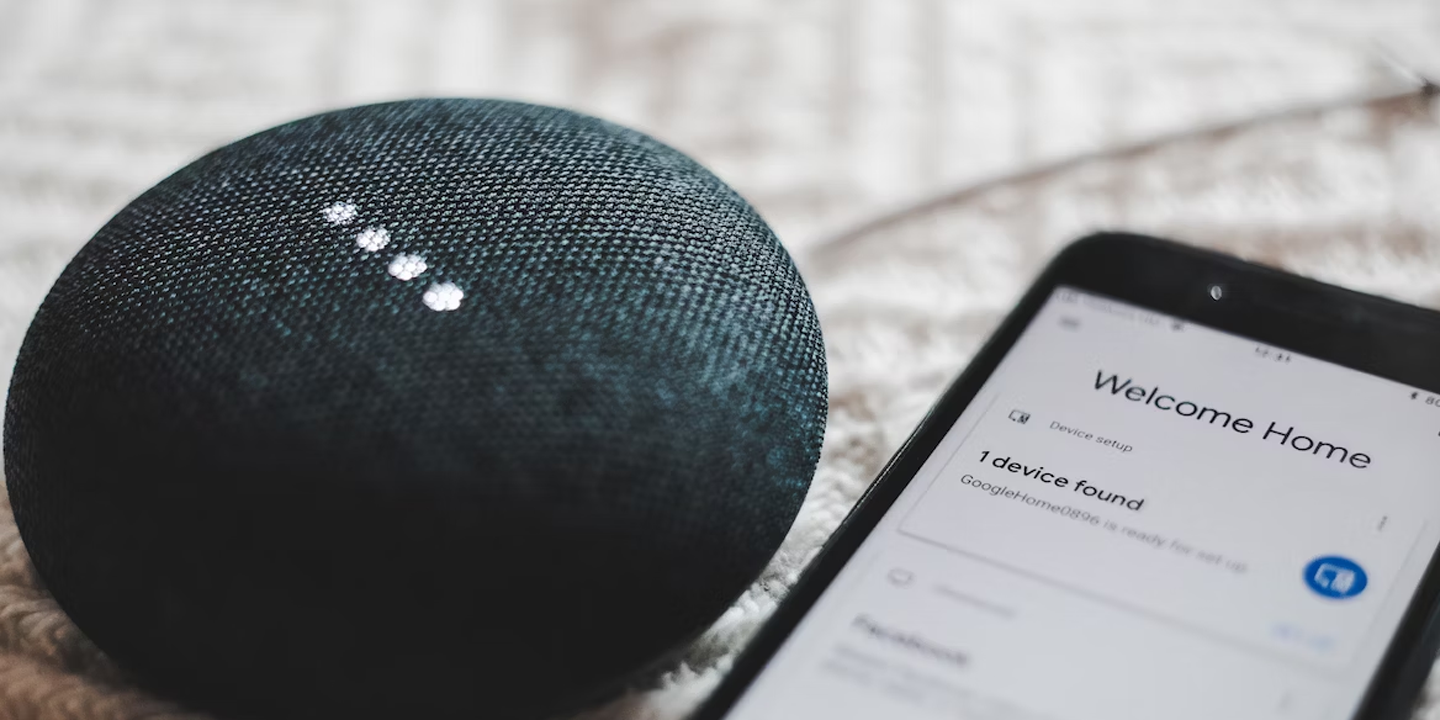Who Should You Ask: ChatGPT or Google?
The boom of artificial intelligence (AI) has made it so that we probably can't imagine living without it anymore. Why google how to do something when AI tools like ChatGPT can give you a simple, concise, neatly packaged answer? But with AI overtaking almost every part of our lives, is it really better than search engines—or do search engines still hold the upper hand in ways AI can't surpass?
1. Understands Complex Queries
The great thing about AI is that it can understand complex prompts and queries, even if you're typing out an entire paragraph. As long as you give it enough relevant context, it can search up and give you exactly what you need. Search engines like Google, on the other hand, would likely not be able to handle overly long search strings.
 Levart_Photographer on Unsplash
Levart_Photographer on Unsplash
2. Can Answer Follow-Up Questions
Got a follow-up question to your original one? AI can handle these queries easily, too—something that search engines might not handle so eloquently and will require a separate session, tab, or change in wording, meaning it'll take more time to get to the answer.
3. Conversational
It's not just the ability to answer your follow-up questions that AI can do—it can keep things conversational, too. Whereas search engines can only take one query at a time, asking an AI is almost like having your own customer support chatbot that can give you relevant answers while keeping the conversation going naturally.
4. Summarizes Large Swathes of Info
If you're looking for a summary of a book or a historical event, AI can give you a quick gist with just a few keystrokes. While you'll still want to practice caution and fact-check on your own, the way AI can easily distill lengthy topics into a brief description makes researching less of a headache.
5. Can Simplify Complex Concepts
AI can also simplify complex concepts so that they're easier to understand and digest. If you still need more clarification, it can explain further, without you needing to feel embarrassed for asking. It can adjust its tone and approach to give you personalized responses as well, like a tutor that can adapt on the fly.
 Photo By: Kaboompics.com on Pexels
Photo By: Kaboompics.com on Pexels
6. Helps You Think Creatively
Googling might offer visual inspiration and discussion threads, but AI can help you think creatively by brainstorming with you, taking into account your specific requests, ideas, and vision. It can even create designs and mock-ups for you, if you learn better by seeing.
7. Understands Your Prompts
No matter how oddly you type your questions or prompts, even if it's littered with internet slang and abbreviations, AI will likely understand exactly what you need. Search engines, on the other hand, may not be able to decipher the entire query string, leading to irrelevant results.
8. Remembers Your Conversations
Have a question you want to go back to? Even if it was weeks ago, as long as you have your sessions saved, an AI can easily pick up conversations from where they were left. You don't need to retype or jog its digital memory—just simply ask.
9. Can Analyze Photos
AI can analyze screenshots and photos, giving you much more tailored answers for what you need. While these responses may not always be accurate, it's one more advantage AI holds over traditional search engines, which can do reverse image search, but can't scan or interpret them in deeper ways.
10. Can Follow Complex Requests
AI doesn't just answer questions—it can act on them, too. If you're having trouble understanding a concept or need to see data listed visually, AI has the ability to generate those visuals for you. It can also update them as needed if you request it.
But is AI really all that better? Let's jump into what traditional search engines still do best.
1. Reliable Sources
Search engines don't chat with you like an AI would; they simply show results. More reliable sources typically show up first, but you have control over which links you click. This leaves no room for anything to be misinterpreted or lost in translation.
2. Shows Up-to-Date Info
AI can search the web on request, but otherwise, it only knows as much as the data it's been previously fed. Search engines, however, are always up to date with their results, and you can usually check when an article or source was published, too. This ensures you're not consuming outdated information.
3. Accesses the Actual Web
Search engines access the actual web; AI tools don't. Al can access the web, depending on what model you're using, but even then, it's not always as reliable or as quick as googling your queries or requests. If you want to get to the original source, search engines will bring you there.
4. Displays Visual Results
AI typically gives you text-heavy responses. Search engines show you both articles, links, photos, and video results, making browsing that much easier and convenient. If you want visuals, you're better off googling it than asking AI for help.
5. Diverse Perspectives
Search engines give you diverse results, from reliable sources to personal reviews. This comes in handy when you're looking for recommendations and opinions, as AI will only give you rough summaries and not actual discussion threads, blogs, or videos.
6. Shows You What's Trending
Not only are search engines up to date with what's going on in the world, they're also in the know about what's popular and trending. Whether it's a viral video, real-time news, or what everyone is currently curious about, googling will make sure you don't get FOMO (fear of missing out).
7. Gives Direct Links
Need a direct link to a website? Search engines do the job best for simple requests like this. AI can do it, too, but it's not as quick or as convenient. It also can't send you straight to the source like Google can in just a single click.
8. No Hallucinated Answers
AI might sound confident in its replies, but it can hallucinate answers as well, such as inventing a quote or citing an article that doesn't exist. Without fact-checking, you could be fed misinformation. Search engines, of course, don't piece together information on the fly; they lead you straight to relevant, reliable sources.
9. Shows Local Results
If you need local results, Google is your friend. As long as you have your location turned on, it can show you relevant results in your local city or community—something AI can't do unless you specify your requests. So if you want to know the business hours of a café near you? Search engines will understand the context right away.
10. Can Deep Dive on Demand
AI gives you summaries, but it doesn't give you direct sources to the discussion threads that were used to craft that summary. Search engines, however, will list out these sources directly, allowing you to deep dive on your own or join the conversation if you want.


























